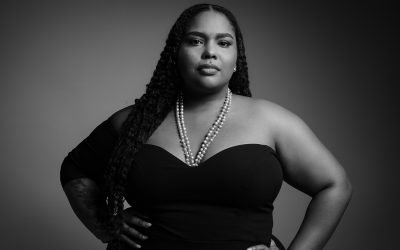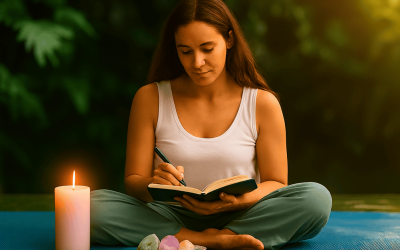In a world that spins faster than our breath can catch, control feels like a lifeline. We grip it tightly—through calendars, expectations, routines, and relationships—believing that if we just hold on hard enough, we can shape the outcome. But what if control is not the anchor we think it is? What if true peace lies in the release?
What Is Control, Really?
Control is the mind’s attempt to create safety. It’s the belief that if we plan enough, predict enough, perfect enough, we can avoid pain, chaos, or disappointment. Psychologically, it’s rooted in our brain’s craving for predictability—when things feel uncertain, anxiety rises, and control becomes our coping mechanism.
But control is often an illusion. We can’t control others’ thoughts, the weather, the economy, or even our own emotions at times. What we can control is our response. That’s where real power lives.
Why Is It So Hard to Let Go?
Letting go feels like surrendering to the unknown. And the unknown is where our deepest fears live:
- Fear of failure: What if it all falls apart?
- Fear of rejection: Will I still be loved if I’m not perfect?
- Fear of discomfort: Will chaos overwhelm me?
- Fear of insignificance: Do I still matter if I’m not in charge?
- Fear of judgment: If I show up imperfectly, will others criticize or misunderstand me?
Fear of judgment is especially tender, often rooted in childhood conditioning, societal expectations, or past wounds. It whispers, “You must perform, prove, protect,” prompting us to tighten our grip—not just on outcomes, but on our very selves.
These fears speak to a deep longing to feel safe, seen, and valued, yet in our attempt to shield ourselves through control, we often create the very suffering we’re trying to avoid: stress, resentment, exhaustion, and disconnection.
Flow: The Gentle Opposite of Control
If control is about grasping, flow is about trusting.
Flow is a psychological state of full immersion—where you’re so engaged in the moment that time dissolves, self-consciousness fades, and effort feels effortless. It’s not passive; it’s deeply alive. You’re not forcing life—you’re dancing with it.
According to psychologist Mihály Csíkszentmihályi, flow arises when your skills meet a meaningful challenge, and you’re free from distraction and fear. You’re not trying to control the outcome—you’re simply present, responsive, and attuned.
Flow is the opposite of control because it requires surrender. It asks you to trust your body, your breath, your intuition. It invites you to move from rigidity to rhythm.
Simple Shifts You Can Make Today
- Start small: Release control over minor things—a delayed flight, a messy room, a changed plan.
- Breathe through discomfort: Use NLSD breathing to stay present when anxiety or judgment arises.
- Name the fear: Journal or speak aloud what you’re afraid of. Naming it softens its grip.
- Shift from control to influence: Ask, “What can I influence here?”—your attitude, your boundaries, your choices.
- Practice acceptance: Whisper to yourself, “This is what’s happening. I can handle it.”
- Invite flow: Engage in activities that absorb you—movement, art, nature, ritual. Let presence replace perfection.
How Bali Bliss Wellness Can Support You
At Bali Bliss, we honor the sacred art of release. Our offerings are designed to help you soften the grip of control and reconnect with your inner flow:
- Reiki sessions: Gently clear energetic blockages tied to fear and control, restoring balance and trust in your body’s wisdom.
- Sound therapy: Invites your nervous system to relax, helping you move from tension to surrender.
- Yoga: Guides you into embodied presence, where breath and movement dissolve rigidity and invite grace.
- Qigong: Harmonizes your energy field, cultivating flow, vitality, and a deeper sense of trust in life’s rhythms.
Each session is held with warmth, discretion, and reverence—so you can show up just as you are, without needing to perform or perfect. You don’t have to manage every detail. You can simply arrive and receive.
Letting go isn’t about losing power—it’s about reclaiming it. It’s about trusting that you are held, even when you’re not holding everything together.











